The concept of voice cloning choirs created from a single vocal sample is no longer science fiction—it’s the cutting edge of music technology. With advances in AI, musicians and producers can now take one recorded voice and generate entire choirs, harmonized seamlessly across multiple ranges and tones.
At the core of this innovation is how AI generates harmonized music using cloned voices. Machine learning models analyze the unique timbre and pitch of a singer’s voice, then replicate it in soprano, alto, tenor, or bass. The result? A fully harmonized ensemble created entirely from one human voice.
The evolution of Vocaloid 2.0 technology and synthetic voice evolution has played a major role in normalizing this. While the original Vocaloid sparked global fandoms, today’s AI systems push boundaries further, creating natural, expressive vocals indistinguishable from human choirs.
But with innovation comes controversy. Ongoing legal battles over AI-generated and cloned voices highlight ownership and consent concerns. If a singer’s voice can be cloned, who holds the rights? The performer? The producer? Or the AI platform that built the model?
Still, many artists see opportunity. Music producers using AI voice cloning tools explained often describe them as creative amplifiers. A solo artist can now sound like a full choir, while composers can experiment with arrangements impossible to perform live. This represents the future of AI in vocal harmonization and choirs, where sound design becomes infinitely scalable.
Of course, the rise of synthetic choirs raises ethical concerns about cloning singers’ voices with AI. Protecting artists’ identities while embracing artificial intelligence in generative choir compositions will be critical. Some propose licensing frameworks that allow singers to rent digital versions of their voices, ensuring fair compensation.
Looking ahead, AI vocal synthesis for creating multi-layered harmonies could transform not just music production but education, accessibility, and fan engagement. Karaoke apps might let users sing with AI-cloned versions of their favorite artists, while indie creators could build full orchestral-scale projects without massive budgets.
Ultimately, how synthetic voices are reshaping the music industry is a story of both possibility and caution. The technology is revolutionary, but its legacy will depend on how we balance creativity with consent.



